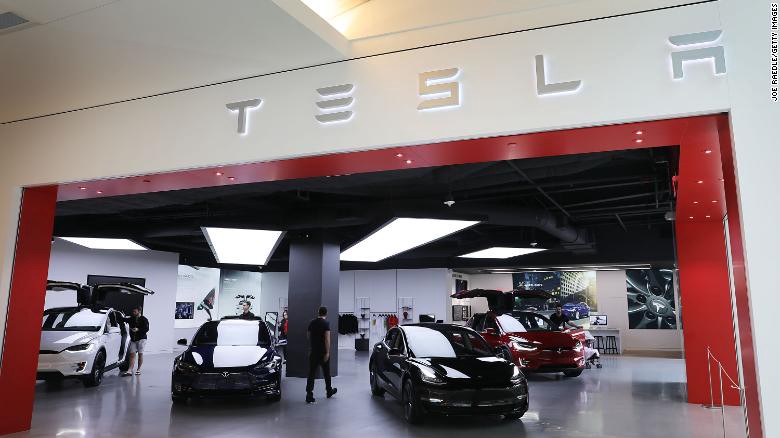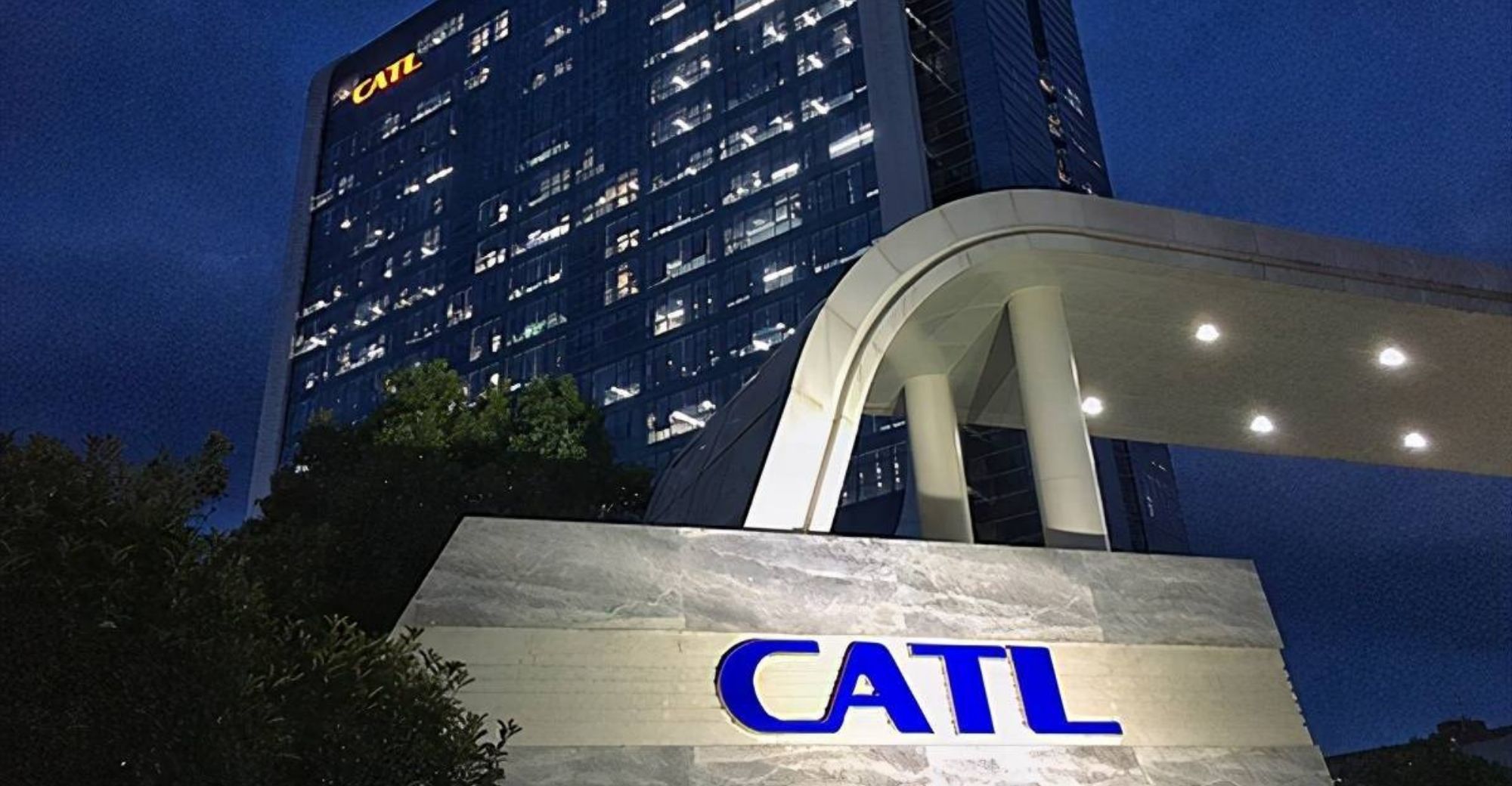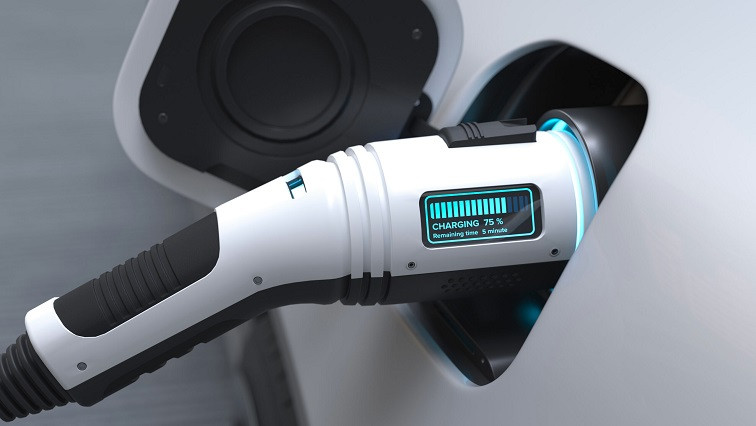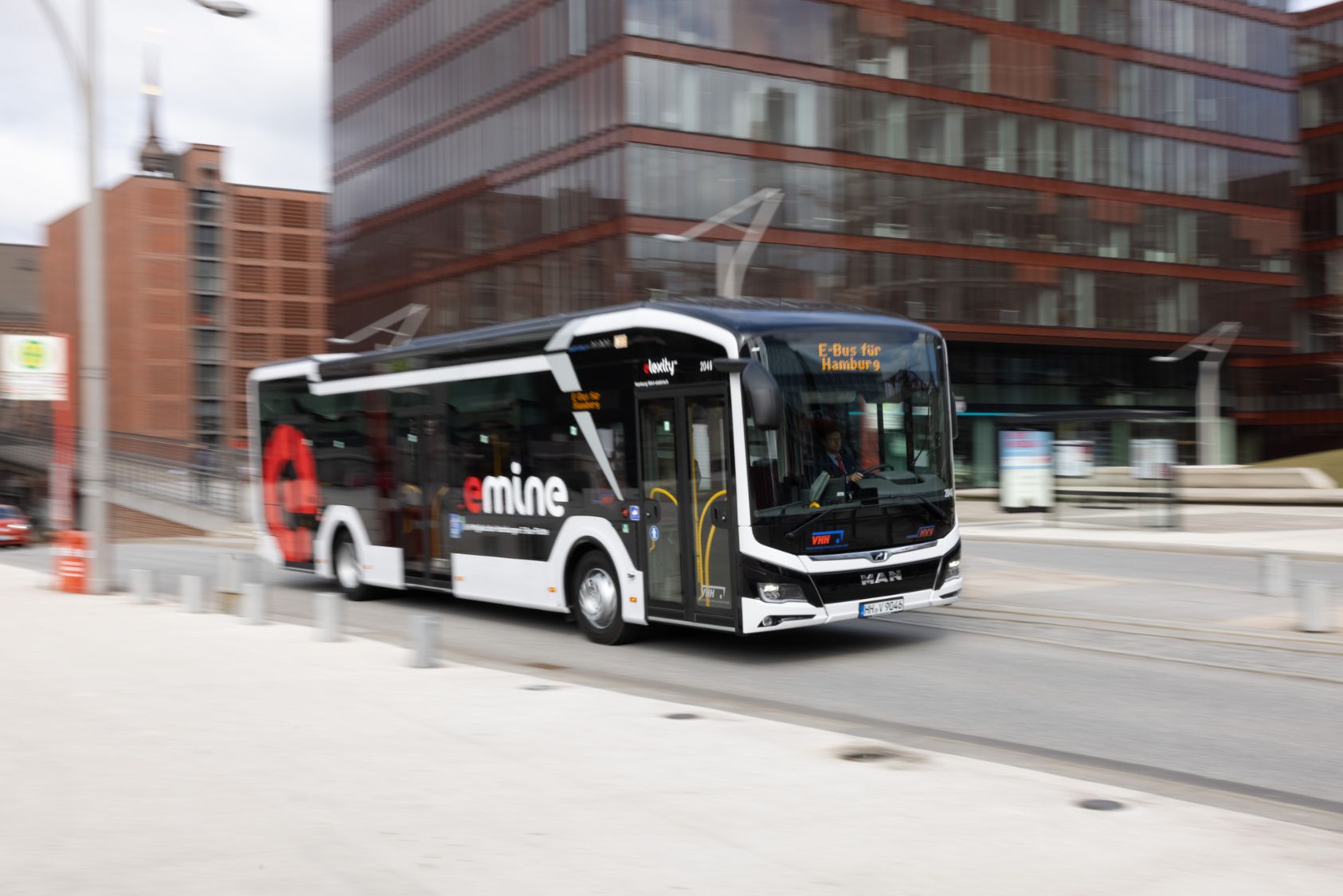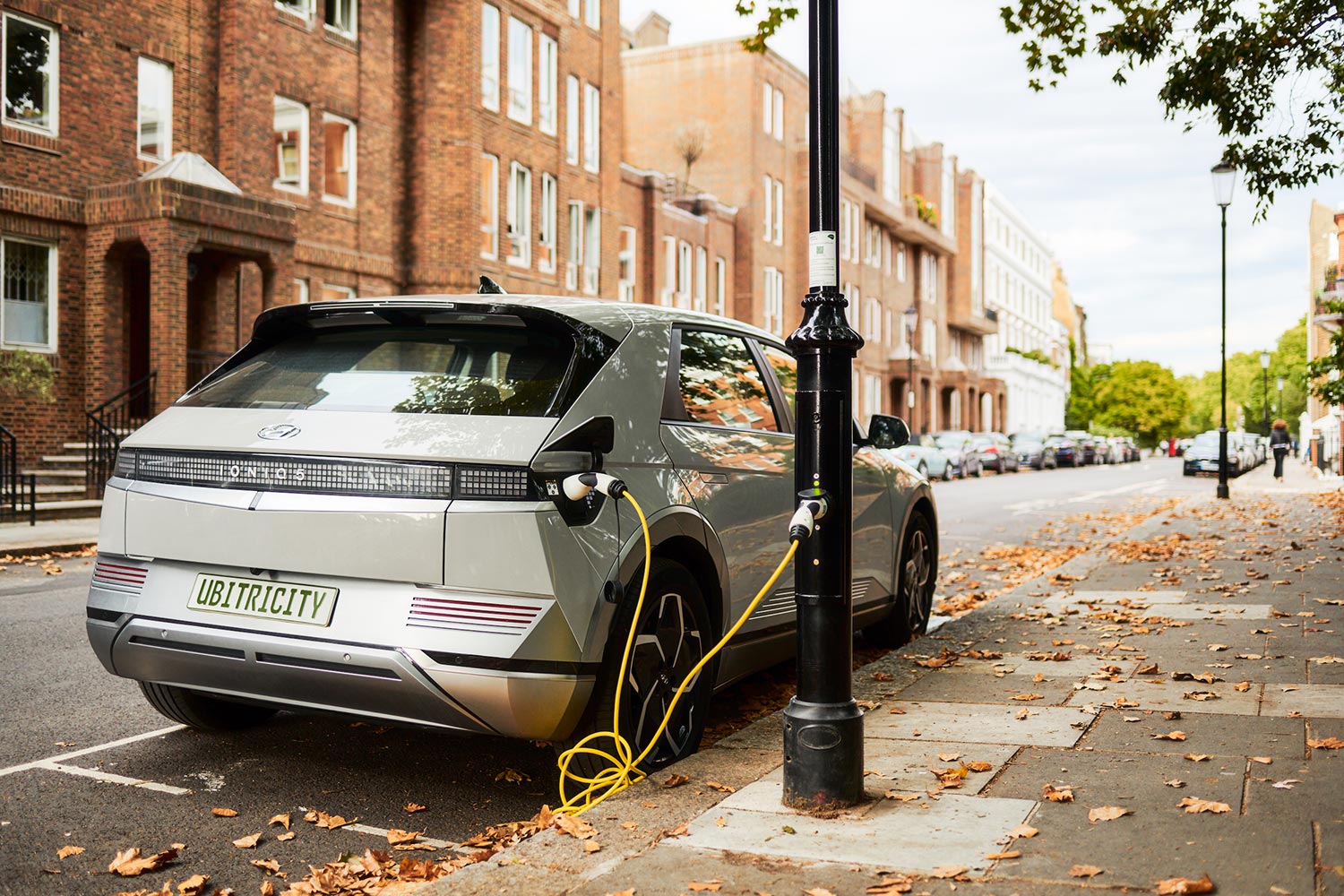Mississippi has recently passed a new state law that restricts electric car manufacturers from selling their vehicles in person unless they open franchised dealerships. This means that companies like Tesla, Rivian, and Lucid will be required to enter into franchise agreements before they can open new retail locations to sell their cars.
The bill, named House Bill 401, was signed into law by Governor Tate Reeves on Tuesday. In a post to Twitter, the Governor stated that the bill was necessary to protect the almost 200 small businesses in the state that would be threatened by large manufacturers entering the market without constraints that could “destroy their businesses.” However, he also acknowledged the importance of innovation in the industry and pledged to find long-term solutions for an “ever-changing market.”
I also recognize that innovation in this industry is inevitable. And with innovation comes new companies with new business models. I am committed to find long-term solutions—in an ever changing market. I look forward to working with all parties going forward to do just that.
— Governor Tate Reeves (@tatereeves) March 14, 2023
Under the new law, customers who wish to purchase electric cars in person will need to drive to the state’s only Tesla store in Brandon. While this store will be allowed to remain open under the new law, any future locations will need to be franchised before they can open.
See also: Mississippi’s Controversial Bill Restricting Direct Sales of Electric Vehicles
The debate surrounding the bill was intense among lawmakers. Opponents argued that it would hinder the automobile market and discourage electric car manufacturers from bringing new technology and jobs to the state. On the other hand, those in favor of the bill claimed that it would ensure all car manufacturers play by the same rules, regardless of their business model.
While the law does not prevent the sale of electric cars online, it will certainly have a significant impact on the ability of electric car manufacturers to sell their vehicles in person in Mississippi. As the industry continues to evolve, it remains to be seen how this law will affect the state’s economy and the future of electric cars in Mississippi.
“In today’s world, if you don’t innovate, you lose out. We as a state cannot afford to lose out. My vote against the bill was a vote for capitalism, competition and innovation rather than for a policy of protectionism,” Republican Sen. Brice Wiggins told The Associated Press.

